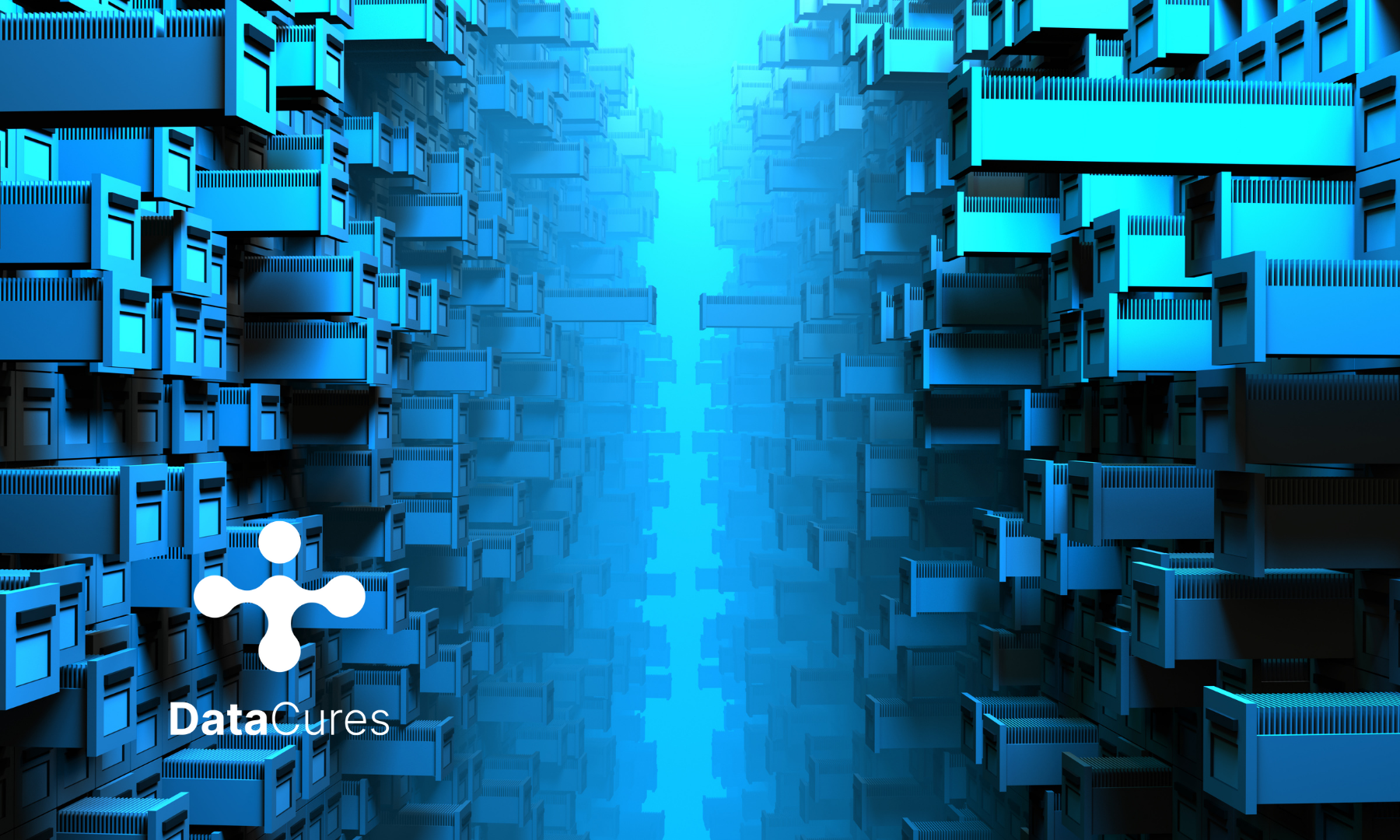
- Health data strategy
-
by Andras Rabai
The key to creating a sound health data management strategy lies in the foundations.
Every industry has become data-hungry in recent years and the healthcare sector is no exception. Huge amounts of data are being generated and collected from patient health records, hospital admissions, or medical imaging, among others. All this information must be stored somehow, and for obvious reasons, pen and paper will just not pass muster.
Databases come to the rescue, which are the main sources of data in all industries. Until the early 2000s, various relational database solutions dominated the market. They are general-purpose databases where data is usually stored in heavily normalised tables. Among these, the relations are expressed through the combination of join statements. One of the key benefits of normalisation is that it reduces the number of duplications and thereby the total storage space needed. This was an especially important consideration in the ‘80s and ‘90s when storing data was very expensive. However, it became much less relevant as its cost started to fall afterwards.
By the advent of the internet age, companies were required to store many different types of data. The rigidity of the traditional relational databases was not able to support this properly. This, coupled with the significant drop in storage costs, led to a sharp increase in the number of alternative database solutions and in their adoption rates.
These databases are known as NoSQL databases.
The name implies that they do not rely on the industry-standard Structured Querying Language (SQL) used for interrogating relational databases. There are different types of NoSQL solutions, each with its advantages and disadvantages. In general, their key differentiating factors lie in their flexibility, ease of scaling, and query times.

Let’s look at them one by one.
1. Flexibility
Relational databases require careful data model planning. This must happen before any data is loaded into the database. Once it is in place, it is cumbersome to modify. In contrast, NoSQL databases allow for easier changes leading to a more efficient workflow and better support of an agile development process.
2. Scalability
Today our data needs are insatiable. No matter how much we increase the capacity of a single storage device, we will always reach a point where physically expanding storage space becomes inevitable. Traditional relational databases must be scaled up in this case, which practically means the purchase of better hardware with a better CPU, larger memory and more storage space. NoSQL databases make it a lot easier by supporting
horizontal scaling. Given that their data model is based on self-contained objects, they do not have to live in one place. This allows them to be distributed across multiple servers, making it easy and cost-efficient to increase capacity when needed.
3. Faster querying times
Finally, although a relational database is great at reducing storage footprint through normalisation, they are less effective at querying. NoSQL databases store data in a format that matches the requirements of a given application. The result: less time-consuming data translations and faster querying times.
Conclusions
To tap into the wealth of hidden information in the copious amount of healthcare data, we must have an efficient infrastructure in place. Advances in technology ushered in the proliferation of various NoSQL database solutions that are suitable for storing huge amounts of diverse types of data including structured, semi-structured and unstructured data.
This is particularly important in the context of healthcare data. Information stored in text, audio, image and video files would be very difficult to hack into a pre-defined, rigid, unified data model that a traditional relational database requires. If we also consider the drop in storage costs as well as the ease of scaling, it is no surprise that NoSQL databases have become the go-to choice for storing data in the healthcare industry.
Read more about how to master data strategy in healthcare.
About the author
Andras Rabai is a financial data scientist and consultant with a track record of delivering high business impact projects in investment banking. He holds two bachelors in finance and he is also a CFA and FRM charter holder.



